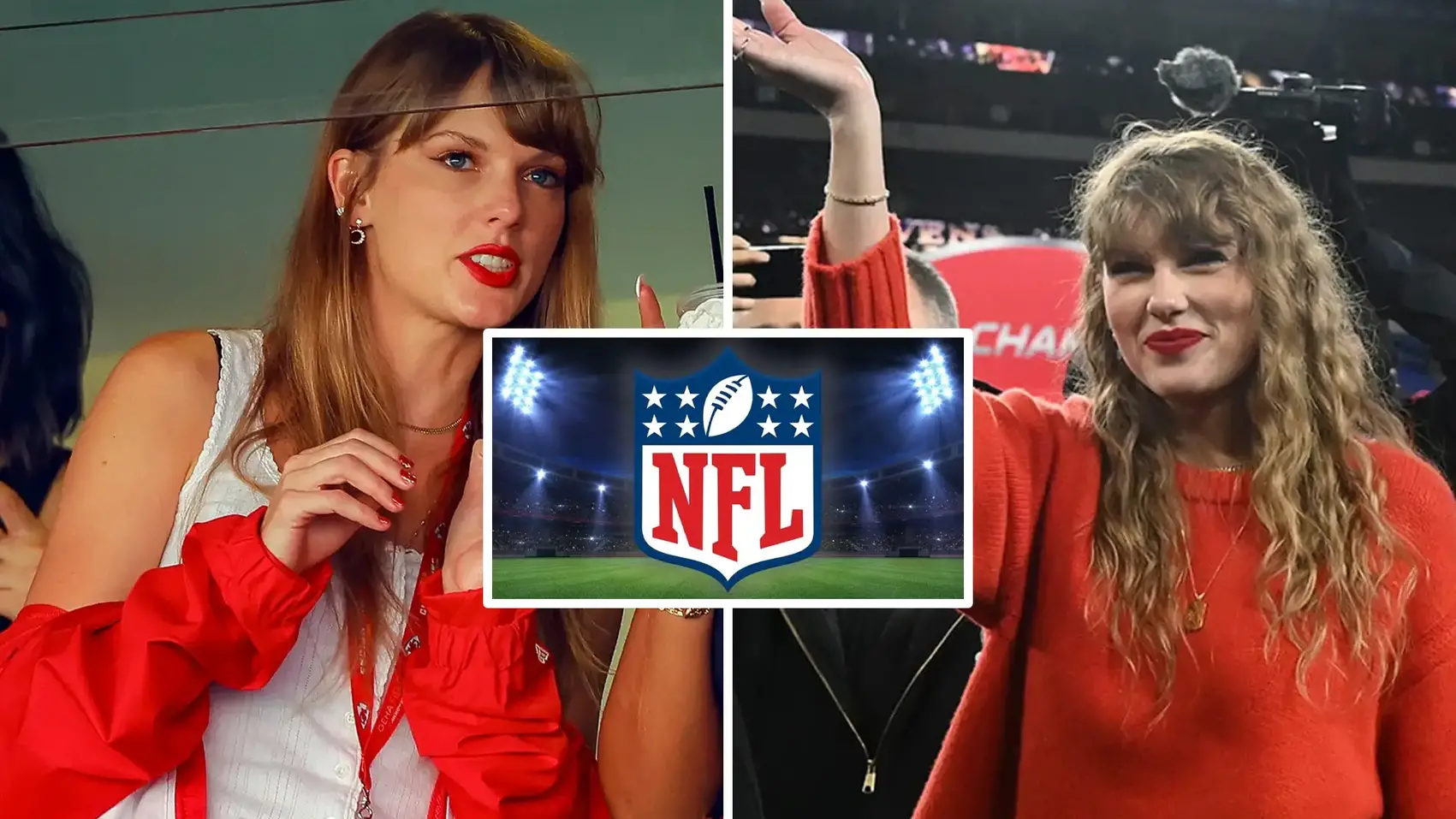
The announcement came as a surprise to many, given Taylor Swift’s enormous global popularity and her reputation as a powerhouse performer. The rationale behind the decision, as stated by an NFL spokesperson, is that Swift’s presence and performance style are considered overly distracting, potentially overshadowing the game itself. This reasoning has sparked widespread debate and controversy, highlighting the delicate balance between sports and entertainment.
Taylor Swift is not just a singer; she’s an institution in the music industry, known for her catchy tunes, heartfelt lyrics, and electrifying performances. Her fan base, affectionately known as “Swifties,” spans across the globe, encompassing diverse age groups and demographics. Swift’s influence extends beyond music into fashion, politics, and social activism, making her one of the most influential figures in contemporary culture.
The Super Bowl halftime show is a cornerstone of the event’s entertainment value, historically featuring performances by some of the biggest names in music. From Michael Jackson to Madonna, Prince to Lady Gaga, the halftime show has often been as much a talking point as the game itself. The NFL’s decision to exclude Swift from this tradition is a departure from its usual strategy of leveraging star power to maximize viewership and engagement.
The NFL’s use of the term “too much distracting” in relation to Swift’s potential performance raises questions about the criteria used to select halftime performers. It suggests a concern that her performance could divert attention away from the game, which is, after all, the primary focus of the event. This decision implies a reassessment of the role and impact of halftime entertainment on the overall Super Bowl experience.